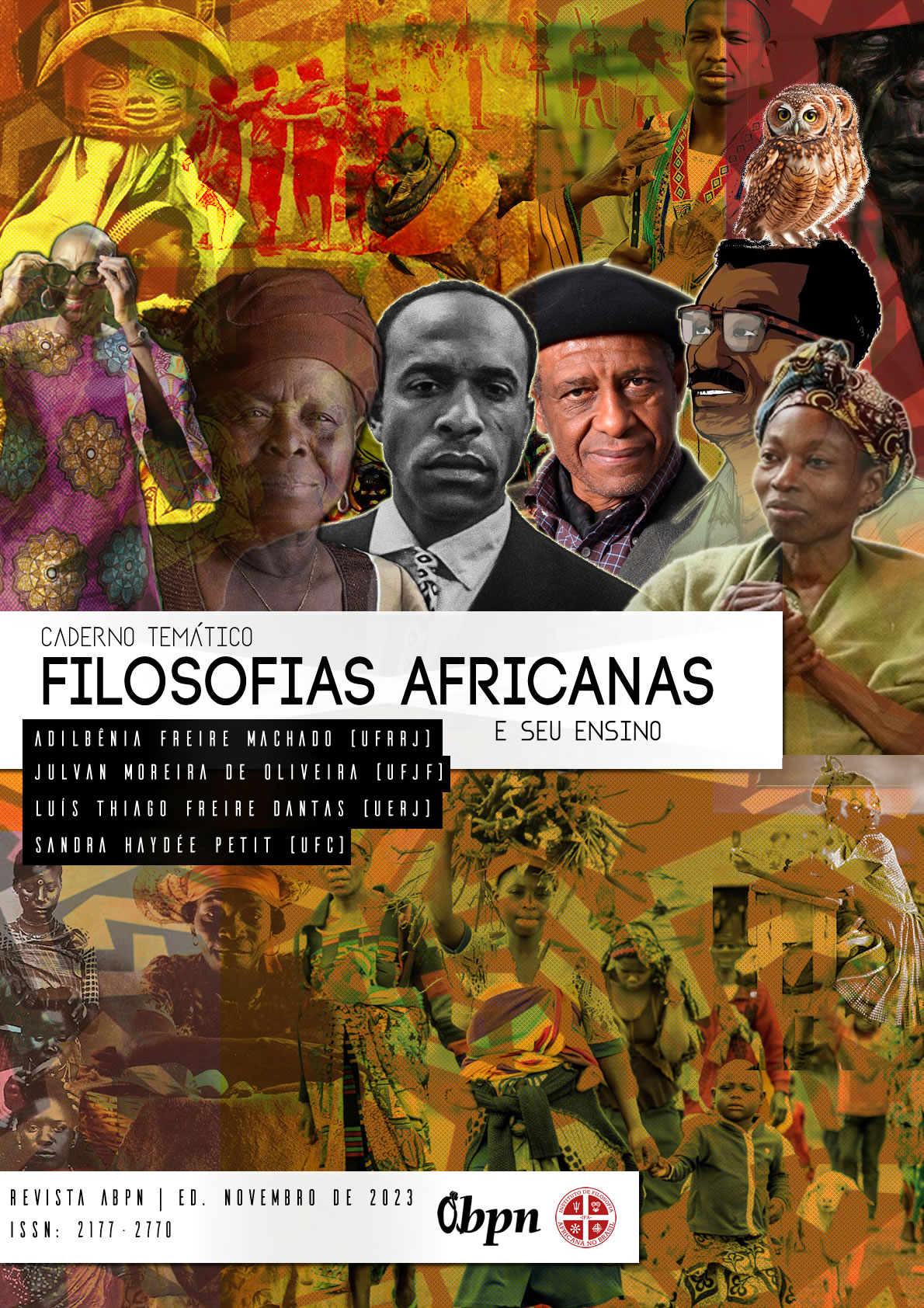From Africa to Brazil African Philosophies in the Construction of Extended Families to Quilombola Communities
Main Article Content
Abstract
This article aims to analyze the influence of African philosophy on family in contemporary society, with a special focus on its impact on Quilombola communities. To achieve a deeper understanding of this connection and its relevance, we will begin by investigating the family structure of Black people during the period of slavery in Brazil. This will allow us to more comprehensively examine the contributions of these notions of family to our contemporary society. The objective of this article is to highlight how African teachings, often overlooked by social sciences in Brazil, exert a notable influence on various aspects of our relationships and orientations in shaping our society. This influence is prominently revealed in our conception of the extended family, as defined by family law, and also plays a crucial role in the formation, preservation, and continuity of Quilombola communities in our country.
Article Details

This work is licensed under a Creative Commons Attribution 4.0 International License.
Copyright Statement
- Authors retain copyright and grant the journal the right of first publication, with work simultaneously licensed under the Creative Commons Attribution License CC-BY 4.0 which allows the sharing of the work with acknowledgment of the authorship of the work and initial publication in this journal.
- Authors are authorized to enter into additional contracts separately for non-exclusive distribution of the version of the work published in this journal (eg, publishing in institutional repository or book chapter), with acknowledgment of authorship and initial publication in this journal.
- Authors are allowed and encouraged to post and distribute their work online (eg in institutional repositories or on their personal page) at any point before or during the editorial process, as this may lead to productive changes as well as increase impact and citation of published work (See The Effect of Free Access).

